fertility describes the ability of living things to care for offspring. In the case of a man, it is fertility; in the case of a woman, it is the ability to conceive, carry and give birth to a child.
What is fertility?

The biological ability to reproduce is known as fertility. It is influenced by internal and external factors. Human fertility begins with the onset of puberty and decreases with age.
The fertility of women ends with menopause, which begins around the age of 45 and lasts for a few years. Male fertility, however, can persist into old age. It is not uncommon for men up to 70 or above to be able to reproduce.
Prosperity and the resulting healthy diet have an impact on fertility in a certain age group. In women, the childbearing age is usually between 15 and 49 years of age. In developing countries, women over 45 years of age are more likely to have children than in industrialized countries.
However, human reproduction is always related to the society in which they live. Due to demographic aging and long training periods, fertility cycles are shifting in industrial nations. In addition, family planning, i.e. the consciously induced or prevented pregnancy, has an impact on the fertility of a population.
Function & task
Human reproduction depends on the point in time at which sexual intercourse takes place between a man and a woman, unless contraceptives are used.
Complex processes take place in the woman's body that prepare it for a possible pregnancy, defined by the term female cycle. The cycle lasts an average of 28 days and is characterized by a menstrual period of around six days. It is divided into ovulation and the time after ovulation, which lasts until menstruation.
Before ovulation, several egg cells mature, one of which, sometimes several, are released. The egg travels through the fallopian tube to the uterus, but has to pass through the cervix to implant. At the beginning of the cycle it is closed with a mucus plug so that no sperm can pass through. If the estrogen level rises, the mucus liquefies and sperm can pass through.
When estrogen levels are highest, ovulation is triggered. The egg is transported through the fallopian tube towards the uterus. Sperm can now move freely into the uterine cavity and fallopian tubes. During this time a slight increase in temperature can be observed.
The egg cell remains capable of fertilization 12 to 24 hours after ovulation. After ovulation, the follicle changes to the corpus luteum under the influence of the LH hormone, which then produces progesterone. Together with estrogen, this results in the optimal preparation of the uterine lining for the egg cell to implant. The cervical mucus also becomes thicker again and seals the cervix again.
If fertilization did not take place, the corpus luteum dies about 14 days after ovulation. Now less estrogen and progesterone are produced and with the next menstruation the built-up uterine lining is shed. A new cycle begins.
You can find your medication here
➔ Medicines for menstrual crampsIllnesses & ailments
Many different factors affect fertility. Even if couples who wish to have a child calculate the woman's most fertile days, pregnancy does not necessarily occur during planned intercourse. Because in addition to all medical possibilities, both the psyche and the way of life play a significant role in conception.
For a supposed infertility, the biology of both partners can be just as crucial as stress, for example. The cause of unwanted infertility lies in equal parts, namely 40% in men and women, 15% in both and 5%, even experts cannot discover a clear cause.
The likelihood of pregnancy decreases with age and even decreases continuously from the age of 25. From the age of 38, the probability of pregnancy decreases rapidly.
Lifestyle also has a major impact on pregnancy. Smokers have a significantly higher risk of miscarriages than non-smokers, the ratio is 3: 2. Smoking also increases the concentration of toxins in the cervical secretions and makes it difficult for sperm to penetrate.
The male sperm quality also decreases with nicotine, coffee and alcohol. Doctors found that heavy coffee drinkers are significantly less likely to get pregnant than women who drink less coffee. Coffee lowers the production of hormones in the ovaries.
Larger amounts of alcohol are detrimental to health and directly affect the male and female genital organs. Drugs are also suspected of reducing the likelihood of fertility because they change the hormonal balance.
Pollutants such as lead, cadmium and mercury also affect fertility. Pesticides and radioactive radiation are just as harmful to the human organism, but their direct influence on fertility is not that easy to prove.
Last but not least, diseases of the metabolism such as diabetes, functional disorders of the kidneys, liver and thyroid glands, and cancer diseases have an impact on fertility. They almost always intervene in the hormonal balance and thus change organ function. Cancer therapy can also lead to infertility through radiation exposure.
Unwanted infertility can often be treated successfully. There are different methods of fertility treatment, the risks of which are also assessed differently.

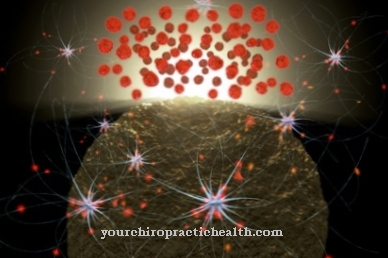
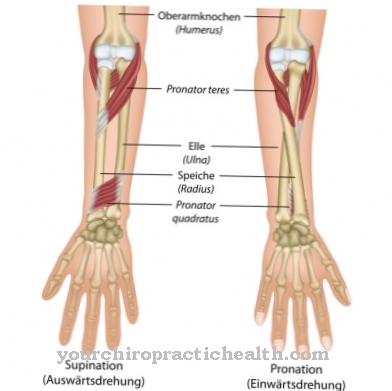

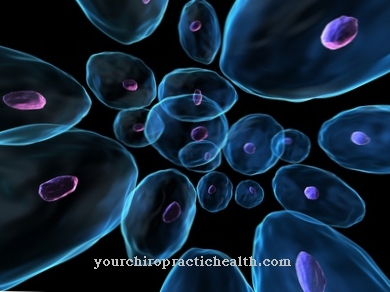

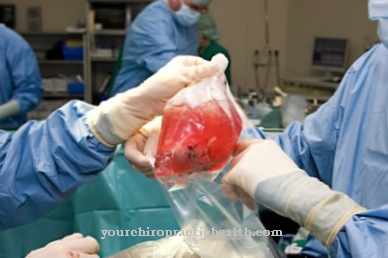

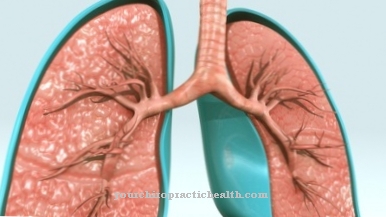
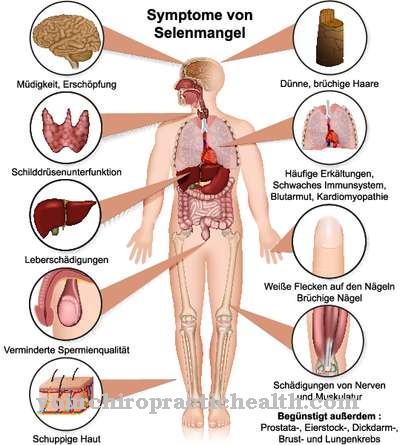
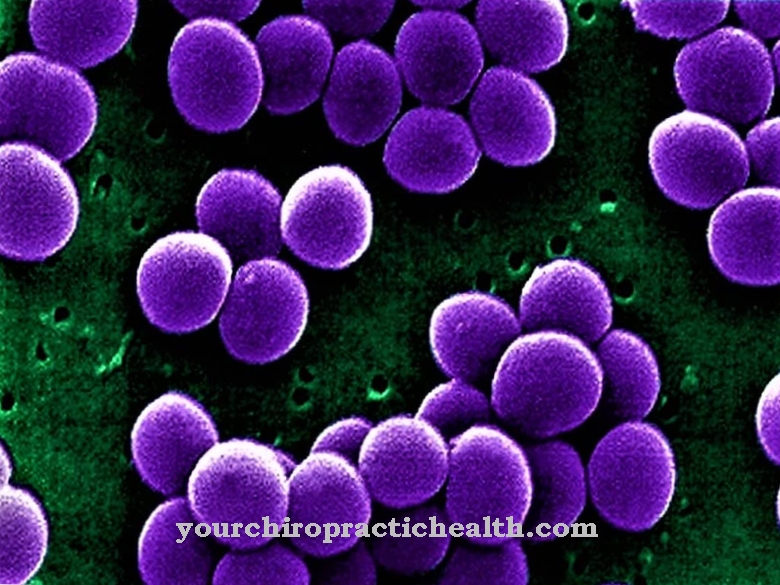


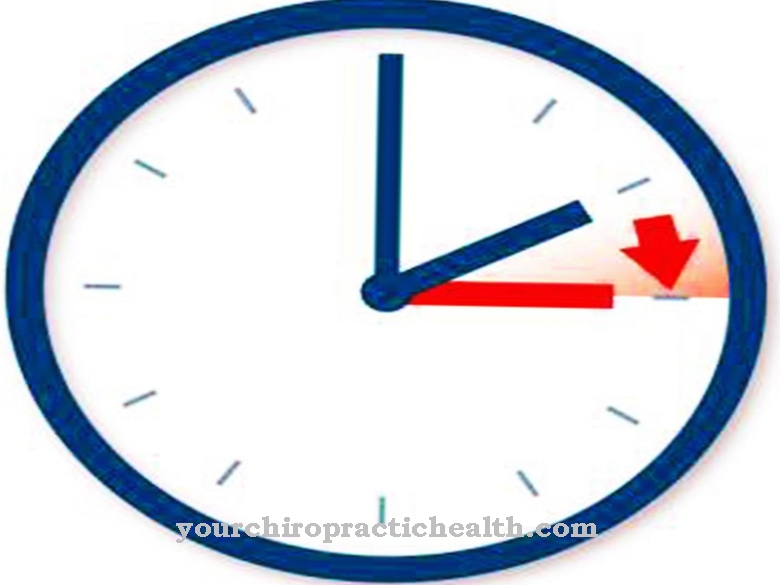

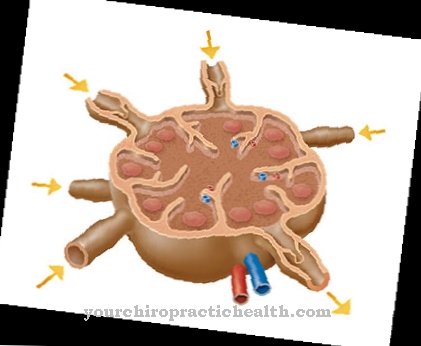
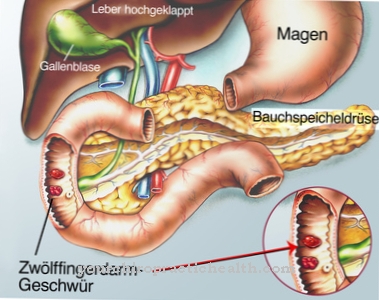


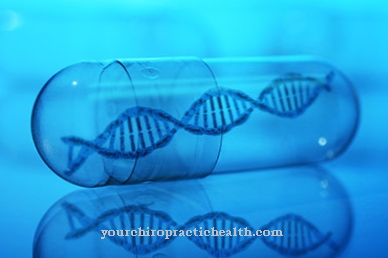




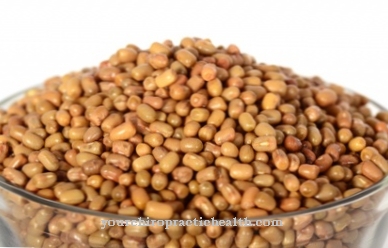


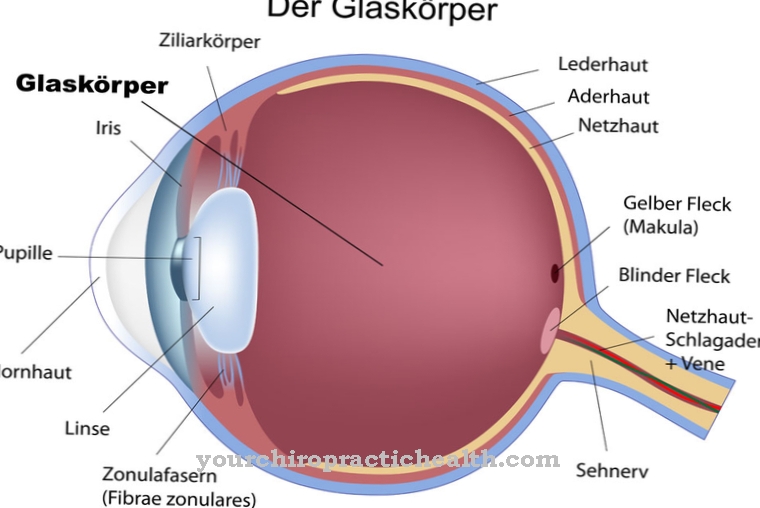
.jpg)